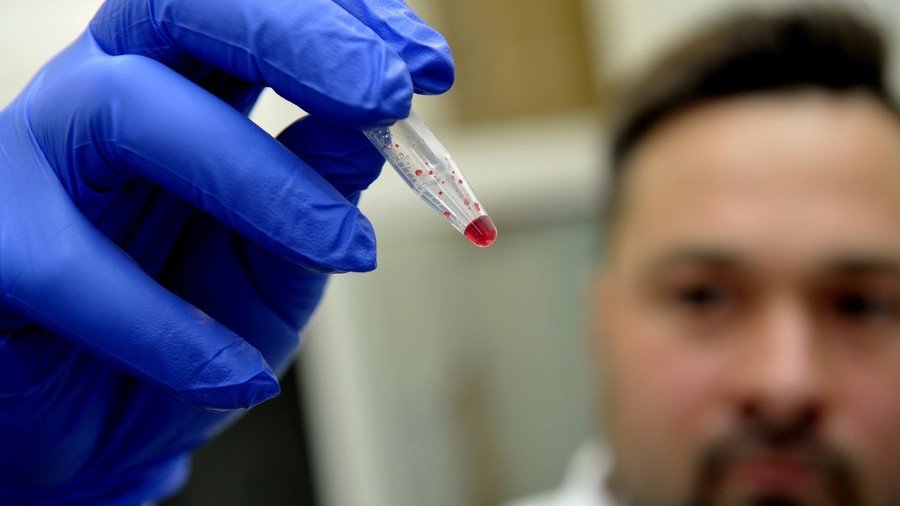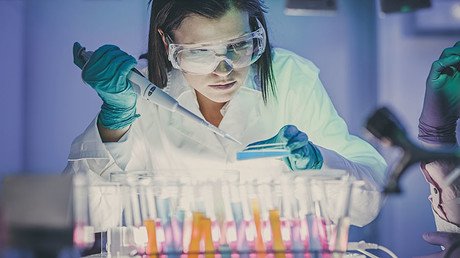Russian scientists boost chemo efficiency by suppressing cancer cell defenses

Russian researchers have found a way to weaken the defenses of cancer cells, which would expose them to popular methods of chemotherapy and allow doctors to lower drug dosages to prevent harm to healthy cells.
A living cell, whether healthy or cancerous, has a number of mechanisms to protect itself from harm. This poses a challenge for doctors, because in attempting to destroy cancer cells, they inadvertently harm the patient. That’s why chemotherapy is often such an ordeal for patients.
A group of researchers in St. Petersburg and Chernogolovka, Russia have found a way to make cancer cells more vulnerable to chemotherapy by undermining their ability to withstand shock conditions. Their work was published in the Oncotarget journal.
A cell needs certain conditions to function properly. If exposed to stressful conditions like high temperatures or certain toxins, it responds by producing molecular chaperones – special proteins that help other proteins fold correctly or remove those that folded incorrectly. Their production is regulated by a protein called Heat Shock Factor 1 (HSF1). A cancer cell in which HSF1 is suppressed is more vulnerable to drugs targeting it.
The Russian team screened over 1,000 compounds from the collection of compound library InterBioScreen to test how they inhibit HSF1 in a special cancer culture.
Several compounds showed profound effect on HSF1, but there were also side effects. Some were toxic to healthy cells or lacked stability. The study identified one candidate called CL-43 as being stable, relatively safe for regular cells, and working as an effective HSF1 inhibitor. Used as a complement to traditional cancer medicines like etoposide, cisplatin, and doxorubicin, it would allow smaller dosages and consequently smaller side effects from chemotherapy, they expect.
CL-43 could potentially be added to numerous cancer treatment schedules, making them less harmful to patients.
If you like this story, share it with a friend!















